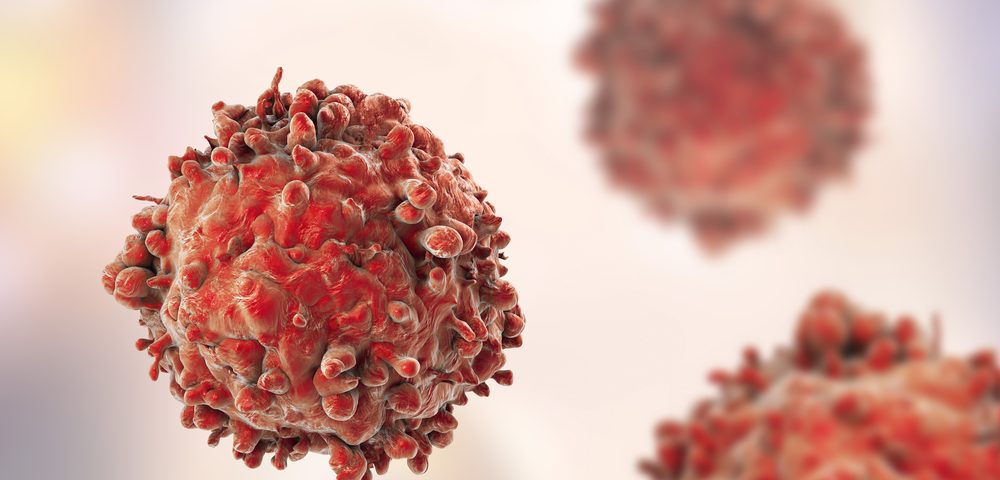A new study shows that tumors that constantly express the protein IDO1 (indoleamine 2,3-dioxygenase) are sensitive to COX-2 inhibitors, which may provide an increase in T-cell anti-tumor function.
The study titled, “Constitutive IDO1 Expression in Human Tumors Is Driven by Cyclooxygenase-2 and Mediates Intrinsic Immune Resistance,” was published in the journal Cancer Immunology Research.
Researchers at the Ludwig Institute for Cancer Research wanted to understand the molecular mechanisms that cause some tumors to express the protein IDO1, which can help tumors evade or resist attacks from t-cells, and not others.
In the first part of their study, the research team used various tumor cell lines including human melanoma, lung, ovarian, and head and neck cancer cells, to show that the constant expression of IDO1 is caused by the protein COX-2 (Cyclooxygenase-2) and its product PGE2 (prostaglandin E2), both of which are involved in various pathways of cell signaling that can be utilized to increase tumor growth.
“These data provide evidence that COX-2 drives tumor-induced immunosuppression through constitutive expression of IDO1,” said Benoit J. Van den Eynde, MD, PhD, professor at Ludwig Institute for Cancer Research in Brussels, Belgium in a press release.
In the next part of their study, researchers implanted tumors that have constant IDO1 expression as well as human immune cells into mice lacking an immune system to study the response to the COX-2 inhibitor celecoxib and an IDO1 inhibitor epacadostat.
Results from this part of the study showed that both COX-2 inhibitors and IDO1 inhibitors led to an immune rejection of the IDO1 expressing tumors in the mice, which was associated with greater T-cell invasion.
Lastly, by conducting large-scale gene expression analysis from 1041 different human tumors, researchers showed a correlation between expression of IDO1 and activation of the COX-2/PGE2 pathway in many cancer cell types.
Since these tumors can be treated by COX-2 inhibitors to improve T-cell invasion, another class of drugs called anti-PD1 drugs can be used to treat these tumors in combination with COX-2 inhibitors.
“Our studies provide a clear rationale to test, in the clinics, combinations of anti-PD1 immunotherapy and COX-2 inhibitors,” Van den Eynde said. “This should be straightforward given the fact that both anti-PD1 and COX-2 inhibitors are already approved for clinical use in different contexts.”


